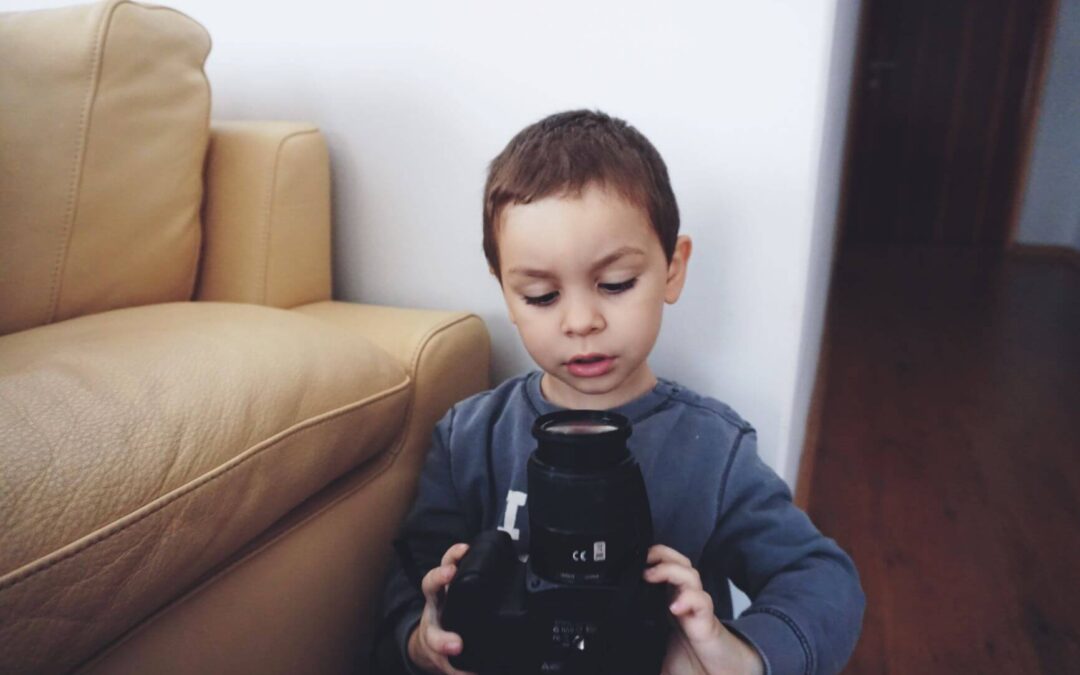I remember when our son J was diagnosed with high-functioning autism (Asperger’s Syndrome then) when he was four years old. I didn’t know much about autism at the time, so I felt lost and confused. I asked for him to be tested for attention deficit hyperactivity disorder (ADHD), and he was diagnosed with ADHD two years later. But autism? How do you cope when your child is diagnosed with autism?
Learn as much as you can
When J was first diagnosed with Asperger’s Syndrome, I realized I knew very little about it. So I started researching it and learning as much as I can. I read Tony Attwood’s Complete Guide to Asperger’s Syndrome (affiliate link). In addition, I also read Carol Gray’s Social Stories™ book (affiliate link) and devoured information on her website. I researched and learned from many autism patient organizations online, some of which I share on my Resources page.
Knowledge is power, and this is true when dealing with something that will change your journey through life — especially if your child has been diagnosed with autism.
Contact your child’s school special services team

You may have had your child tested through school or a medical facility like a behavioral health group. We had J tested through both. I had reached out to his pediatrician about having him tested for ADHD, and his preschool teacher had discussed testing through the school system because she saw specific behaviors that warranted the early testing.
Your school system must provide your child services under federal law if your child is diagnosed with autism. J’s special services team at his school were a key to his early intervention and providing the services he needed. Even though he attended a Montessori preschool not affiliated with the school system, he still had a special services team member from the school system come to his preschool twice a week to provide the services he needed, and she worked with his preschool teacher to put more structure into his day in the classroom.
Throughout the years, the special services team at his elementary, middle and high schools have been a big part of his social skills training, speech therapy and executive function skills learning. He would not have progressed as much as he did without his team at the school.
Work with your doctor to start early intervention treatments

At whatever age your child is diagnosed with autism, start treatments as soon as you can. Early intervention is essential with helping your child progress.
You can find out if your child is a good candidate for Applied Behavior Analysis (ABA), which is a type of therapy that focuses on improving certain behaviors such as communications, social skills, academics such as reading and living skills such as hygiene.
If your child has sensory issues, then occupational therapy may help. J has ultrasensitive hearing. His school psychologist said that a loud public flushing toilet to him sounded like a 747 jet taking off to us. We sought occupational therapy, and his therapist developed a treatment plan that included a lot of sensory input through various means (including swinging on our play set in the backyard for a significant amount of time every day) and therapeutic listening where he wore special headphones that had a wider range of sound and listened to special music that trained his brain to desensitize it from loud sounds. After about a year, his treatment was successful, and his hearing was much less sensitive and bothersome.
Obtain the parent training you need to help

J has a behavioral therapist that has been as helpful to us as parents as she has been to him. His sessions are as much for us as she trains us to work with him on his behavior improvements. She also has helped his brother as we’ve gone through this journey.
Remember that you are one of the most important elements to your child’s success, so make sure you are receiving the support and services you need to help your child.
Seek support from other parents
When I started this journey, I felt so alone. I didn’t know anyone else who had a child with autism. However, I started looking, and I found other parents who were on the same path.
I reached out and made friends with other parents at our church who also had a child diagnosed with autism over the years. J was in a social skills group that his behavior therapist, and we became friends with the parents of one of the other kids in his group. I attended a local autism support group’s activity from time to time, and J began going to their annual summer camp. I found coworkers who had children on the spectrum.
You are not alone in this journey. That is why I started Autism & ADHD Connection, so parents and caregivers could know there are others who are on this journey too and can connect.
Share your experiences of when your child was diagnosed in the comments below. Let’s support one another and help each other along on this journey.








